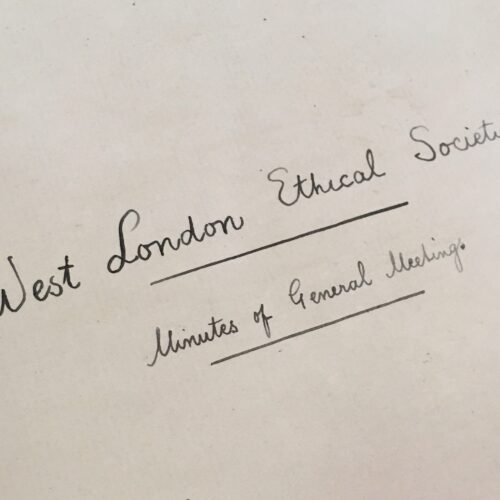

The good life… rests for its justification on no external authority, and on no system of supernatural rewards or punishments, but on the nature of man as a rational and social being.
from the ‘Statement of Principles and Aims’ of the West London Ethical Society, 1892
The West London Ethical Society, founded in 1892, was one of the largest groups of the early Ethical movement, and a founding member of the Union of Ethical Societies (now Humanists UK). From 1909, it met at the ‘Ethical Church‘ in Bayswater, London, where the Society experimented with secular ‘social worship’. Over its six decades of existence, the West London Ethical Society attracted a remarkable number of artists, writers, academics, and social reformers, drawn by its ideals of living a good life, without reference to ‘supernatural rewards or punishments’. As a central force in the creation of the Union of Ethical Societies, the West London group was key to the development of the organised humanist movement in the United Kingdom, as were its leaders and members.
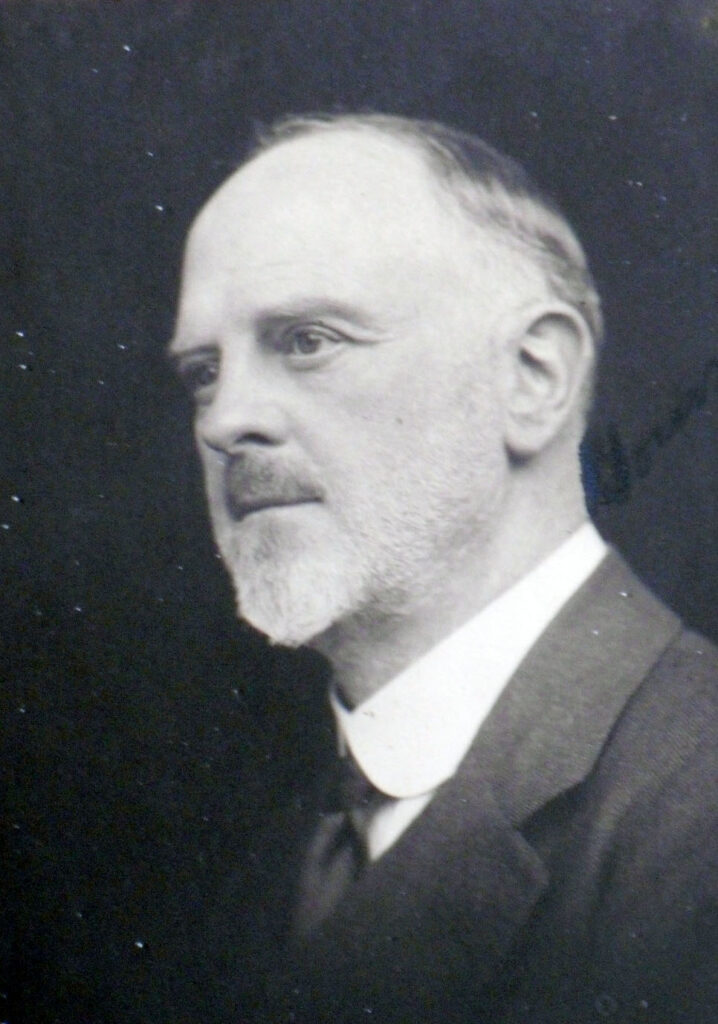
On 31 January 1892, a meeting of 50-60 men and women was held at Leighton Hall, Kentish Town to consider establishing a new ethical society. Many of those gathered were admirers of Stanton Coit, an American philosopher and social reformer, who had left South Place Ethical Society the previous year. Further meetings and a request for subscriptions led to the formal creation of the West London Ethical Society on 26 June 1892, and an invitation for Coit to act as appointed lecturer for three or four months each year.
Shortly after the initial founding, a meeting was held to discuss merging the West London Ethical Society with the existing London Ethical Society (established in 1886), a union which was approved on 24 July 1892. The principles agreed remained ‘virtually the same’ as those of the older Society. These were:
That the good life has a claim upon us in virtue of its supreme worth to humanity.
It therefore rests for its justification on no external authority, and on no system of supernatural rewards and punishments, but on the nature of man as a rational and social being.
In practice it is to be realised by accepting and acting in the spirit of such common obligations as are enjoined by the relationships of family and society, in so far as these are a means to a fuller human development.
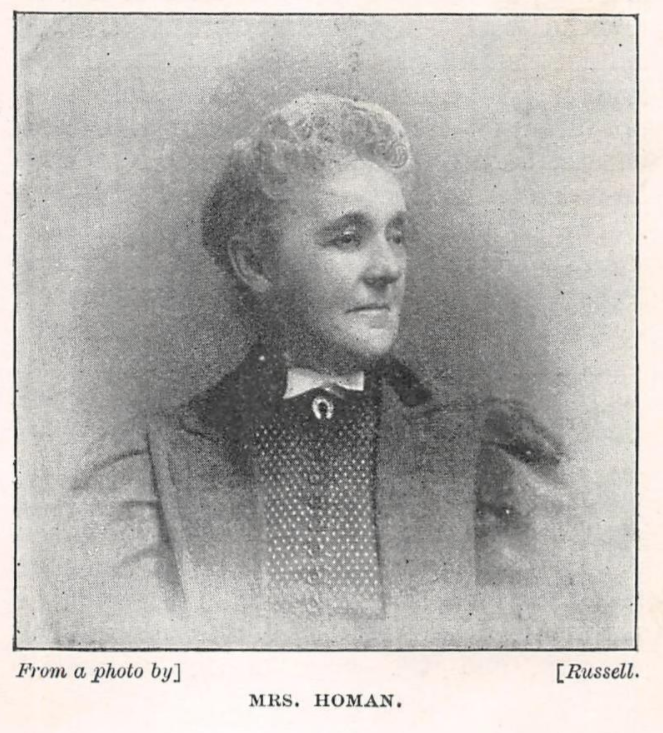
The ‘only condition of membership’ was to be ‘moral sympathy’ with the Society’s principles and aims.
The two societies formally amalgamated on 12 October 1892, and the first General Members’ Meeting held on 18 January 1893. The amalgamation, however, was relatively short-lived. By spring, a consensus had been reached that ‘the cause which all the members had at heart could best be served by the two Societies working independently’ and the union was dissolved at a meeting on 26 June 1893 – exactly one year after the founding of the West London Ethical Society. The WLES was reconstituted the following month, at a meeting on 9 July.
At the Society’s reconstitution, it was agreed that Stanton Coit be appointed ‘to some permanent office’ on his return from America in April 1894. This meant involvement with its practical work and number of lectures. Other speakers for the Society in the year 1892/3 had included Felix Adler (American founder of the Ethical Movement), Leslie Stephen (first editor of the Dictionary of National Biography and the Society’s President until his death in 1904), Frederic Harrison (a historian, jurist, and positivist), and Peter Kropotkin (Russian activist and philosopher of anarcho-communism). Over the next decade, there were about 35 addresses given annually, on subjects ranging from philosophy and social reform, to art and literature.
In the year of its reconstitution, the Society’s officers were: Leslie Stephen (President), Findlay Muirhead (Hon. Sec.), Russell Rea (Hon. Treasurer), Stanton Coit (Organising Lecturer). Its executive committee was: Dr. Charles William Bass (surgeon), William Frederick Champion (draper’s assistant), Stanton Coit, Dr. William Chatterton Coupland (author and lecturer), Corrie Grant (barrister), Ruth Homan (member of the London School Board), Barbara Elizabeth Lyon, Laura Morgan-Browne (suffragette), Florence Routledge (daughter of George Routledge, founder of the publishing house), Melie Paulin Stanbury (lecturer and suffragist), Frederic Herbert Trench (poet and playwright), and Emily Josephine Troup (composer).
The West London Ethical Society met for the first years of its existence at Princes Hall, Piccadilly, later moving (with some interim locations) to Kensington Town Hall. In 1909, with the financial support of Coit’s wife Adela, the Society leased its ‘Ethical Church’ at 45 Queen’s Road, Bayswater.
Read more about the West London Ethical Society as the Ethical Church.
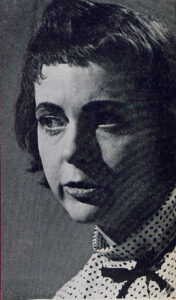
We are (of all the synonyms I most prefer to ‘humanist’) freethinkers. We are deprived of nothing. We have lost […]
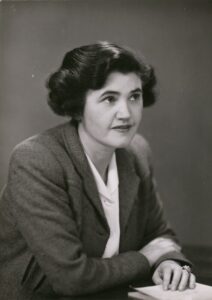
Jennie Lee (also known as Baroness Lee of Asheridge) was a Scottish politician and journalist, known for her upfront orating […]
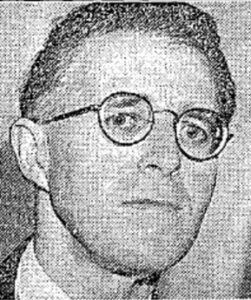
I am a humanist, a rationalist. My mother said to me, some weeks before she died, that she would die ‘an unrepentant […]
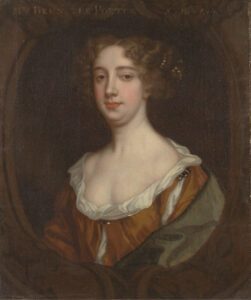
…that perfect Tranquility of Life, which is no where to be found, but in retreat, a faithful Friend and a […]